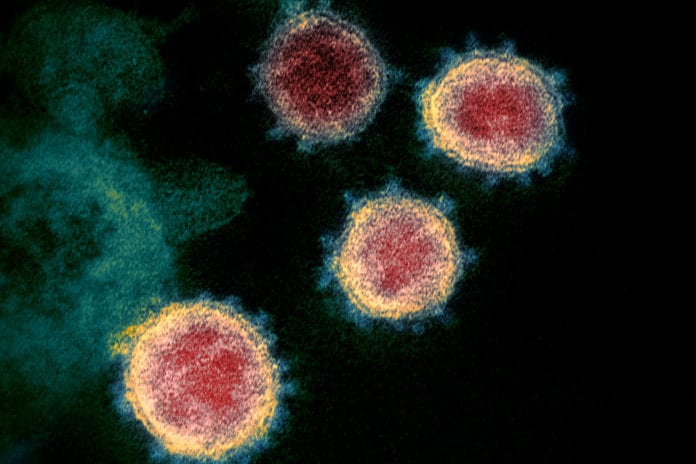
State health officials on Saturday, April 11, reported 11 new people testing positive to COVID-19, three more hospitalized, eight newly recovered and the death of an eighth individual, bringing the total number of Alaskans infected to 257.
Even as the number of people infected nationally grew to 532,221 individuals, Alaska has maintained the lowest number of people testing positive.
The newly infected include nine people in Anchorage, one in the Matanuska-Susitna Borough and one in Craig in Southeast Alaska.
To date, nobody has tested positive in Cordova.
Starting Monday, April 13, testing will be available locally using the Abbott ID NOW machine that has arrived at the Ilanka Community Health Center.
State officials acknowledged on Friday, April 10, that an eighth person had died that morning in Fairbanks, but since they are updating statistics daily based on midnight of the previous day the death of the 73-year-old woman with underlying health issues was not officially reported until April 11.
In Cordova, debate continues on how to conduct the famed Copper River wild salmon opener that begins with much fanfare each year in mid-May, prompting a number of comments on the website keepcordovasafe.com.
Eighteen-year-old resident Anna Laird wrote in a commentary to be published in the April 17 edition of The Cordova Times that town officials have a moral responsibility to lower the risk of COVID-19 to residents.
“I imagine that the town officials are grappling with many issues, such as fears of future bankruptcy and lawsuits,” Laird said. “Bankruptcy and financial loss are devastating, but losing family and friends is more so. Possible monetary advantage is never more important than the lives of people.”
Laird noted that Dillingham, in the heart of Bristol Bay, is facing a similar situation, with a huge influx of people during the fishing season.
“Cordovans should not be made to face COVID-19 if we do not have to,” she said.
Seafood processors meanwhile have been working together to come up with plans to assure the health and safety of all their employees and communities they work in and have been in discussion with community officials.





